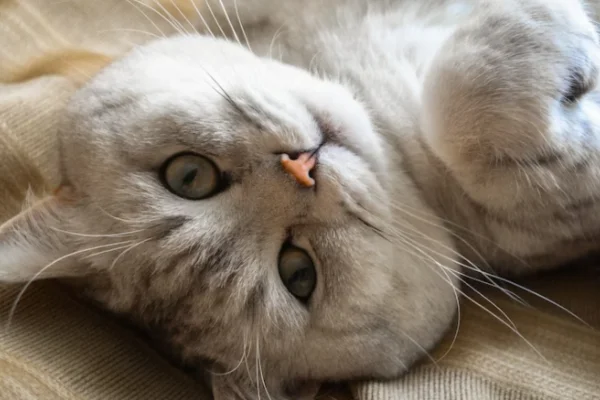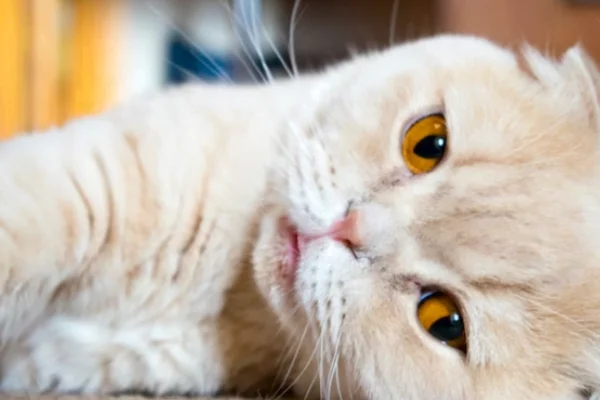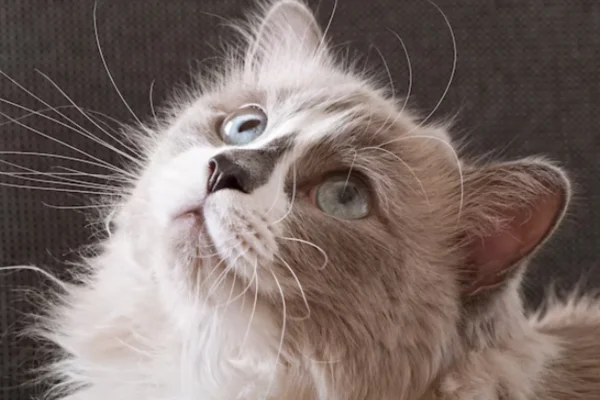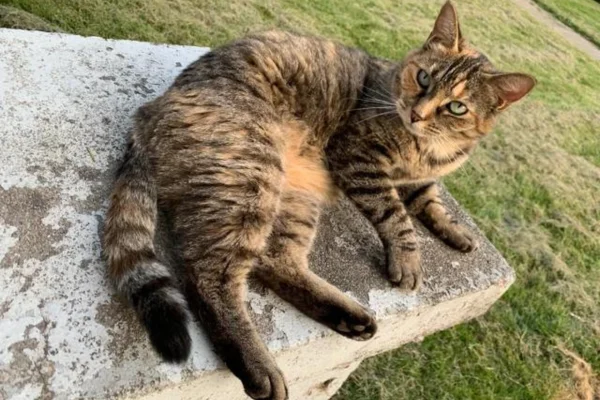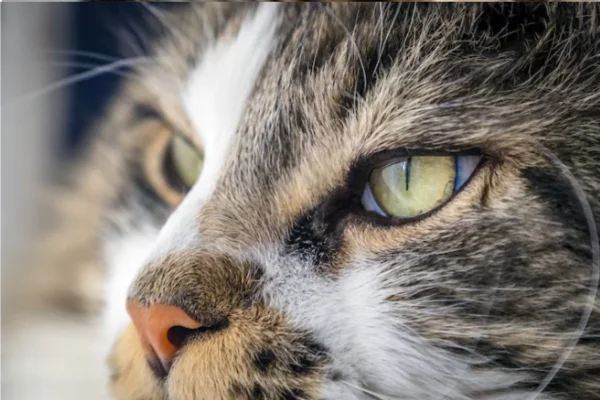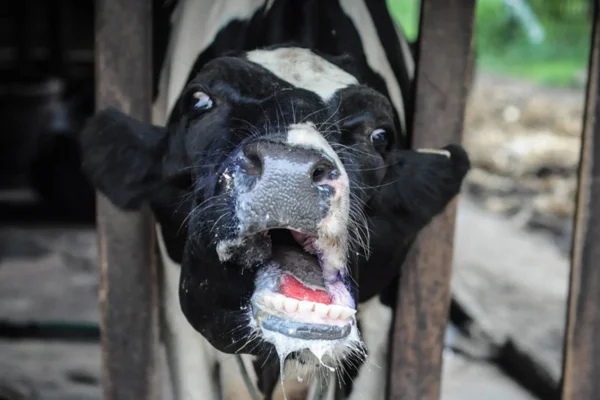Understanding Feline Hyperthyroidism: A Detailed Guide
Description:
Find out everything you need to know about Feline Hyperthyroidism in this complete guide. From its causes and symptoms to treatment and prevention options. An essential guide to looking after your cat's health.
Introduction
Cats are beloved members of many families, bringing joy and comfort to homes. As responsible cat guardians, the health of our feline friends is a top priority. One health condition that affects many cats, especially those in the elderly phase of their lives, is cat distemper. Feline Hyperthyroidism. This complete guide aims to provide a comprehensive understanding of this condition, from its causes to the treatment options available. We will explore all aspects to ensure that you are well informed and prepared to tackle this condition should it affect your cat.
What is Feline Hyperthyroidism?
O Feline HyperthyroidismFeline hyperthyroidism, also known as feline hyperthyroidism, is a condition that affects the thyroid gland in cats. This gland, located in the neck region of the cat, plays a vital role in regulating the feline body's metabolism. When this gland begins to function abnormally, a series of health problems can arise.
Contents
Understanding the Thyroid Gland
To fully understand the Feline HyperthyroidismIt is essential to know about the thyroid gland. This small gland produces hormones, including thyroxine (T4) and triiodothyronine (T3), which play a crucial role in regulating metabolism. These hormones influence the rate at which cells burn energy.
What Causes Feline Hyperthyroidism?
It is usually triggered by abnormal growth of the cat's thyroid glands. This overgrowth, which is often benign, results in excessive production of thyroid hormones. The causes of this abnormal growth can vary and include genetic predisposition.
Recognizing the Symptoms
Recognizing the symptoms is crucial for early diagnosis and effective treatment.
Common symptoms
- Unexplained weight loss
- Increased appetite
- Hyperactivity
- Poor quality coat
- Frequent vomiting
- Diarrhea
- Increased thirst and urination
- Behavioral changes, such as irritability
Diagnosis
Diagnosis involves a series of tests, including blood tests to check thyroid hormone levels. If the diagnosis is positive, the vet may recommend additional tests, such as ultrasound or thyroid scintigraphy.
Treating Feline Hyperthyroidism
Treatment can vary depending on the severity of the condition and the owner's preferences.
Medicines
Antithyroid drugs are often prescribed to reduce the excessive production of thyroid hormones. These drugs usually need to be administered regularly and monitored closely by the vet.
Radioactive Iodine Therapy
Radioactive iodine therapy is an effective option for severe cases of Feline Hyperthyroidism. It involves a single injection of radioactive iodine that destroys the overactive thyroid tissue. Although it is a more expensive option, it is often curative.
Surgery
Surgical removal of the affected thyroid glands is another option, generally used when other treatments are not viable.
Frequently Asked Questions about Feline Hyperthyroidism
What are the risk factors for Feline Hyperthyroidism?
Several risk factors can contribute to Feline HyperthyroidismThese include genetic predisposition, advanced age and gender (more common in female cats).
Can Feline Hyperthyroidism be prevented?
Although not completely preventable, early detection and effective treatment can control symptoms and improve the cat's quality of life.
Is Feline Hyperthyroidism curable?
Yes, it is treatable and, in many cases, curable. Successful treatment depends on early detection and appropriate treatment.
How often should I check my cat's thyroid?
For older cats or those with a genetic predisposition, it is advisable to regularly check thyroid hormone levels during routine veterinary examinations.
Are there dietary changes that can help control Feline Hyperthyroidism?
Some specific foods can help control the symptoms of Feline HyperthyroidismBut always consult your vet before making any changes to your cat's diet.
Can Feline Hyperthyroidism affect a cat's life expectancy?
With proper treatment, many cats with Feline Hyperthyroidism can live long and healthy lives.
Conclusion
O Feline Hyperthyroidism is a serious health condition that affects many cats, especially older ones. Understanding the symptoms, treatment options and how to prevent the disease from progressing is crucial to ensuring a long and healthy life for your feline friend. Always consult your vet for a proper diagnosis and treatment. Take good care of your cat, and it will continue to bring joy to your life for many years to come.
============================================
If you liked our guide, please leave a comment.
Thanks for stopping by, check out our other work too
https://cuidar.petlove.com.br/anti-helmintico-chemitec-chemital-para-gatos/p?sku=2344000
https://vettopbr.com/tosse-em-caes/

